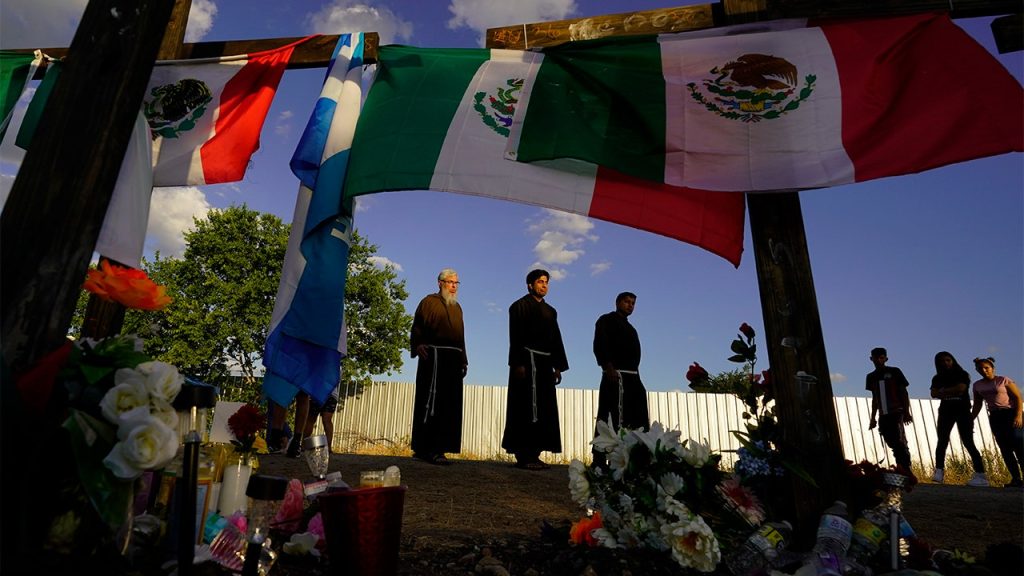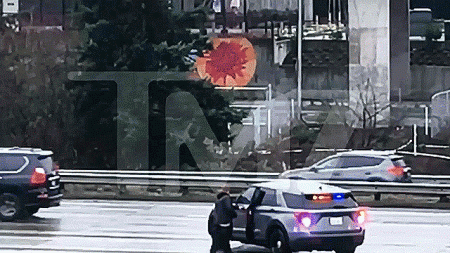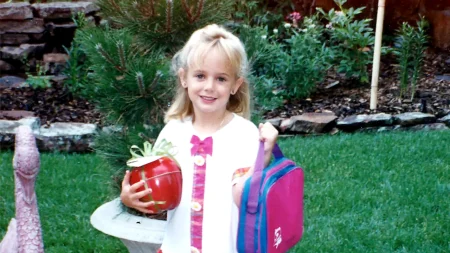The deadliest human smuggling attempt in U.S. history culminated in a guilty plea from the truck driver responsible for transporting 53 migrants to their deaths in a sweltering, airless tractor-trailer. Homero Zamorano Jr., 48, admitted guilt to conspiracy and transportation charges related to the migrants’ deaths and injuries. The June 2022 tragedy unfolded on a scorching day in San Antonio, Texas, where temperatures soared to 100 degrees Fahrenheit. Zamorano faces a potential life sentence, with sentencing scheduled for April 2024. His plea brings a degree of closure to a case that horrified the nation and exposed the brutal realities of human smuggling across the U.S.-Mexico border.
The migrants, hailing from Mexico, Honduras, Guatemala, and El Salvador, were crammed into the trailer with no functioning air conditioning for a grueling three-hour journey from Laredo to San Antonio. As the temperature inside climbed, the trapped individuals desperately cried for help, banging on the trailer walls and attempting to claw their way out. By the time authorities discovered the abandoned trailer on a remote back road, 48 migrants had already perished. Another five succumbed to their injuries later in hospitals. The victims, who had each paid up to $15,000 for the perilous journey, were seeking better lives, fleeing poverty and violence in their home countries.
Zamorano, the driver of the ill-fated truck, was apprehended hiding in nearby brush shortly after the grim discovery. A search of his cellphone revealed calls linked to the smuggling operation, and surveillance footage from a Border Patrol checkpoint confirmed his involvement. The investigation quickly expanded to encompass a broader network of individuals involved in the smuggling ring. Christian Martinez, also from Texas, was arrested alongside Zamorano and has since pleaded guilty to related charges.
The investigation further revealed the intricate workings of the smuggling operation. Authorities identified four Mexican nationals implicated in the scheme, arresting them in 2023. In August of the same year, Rigoberto Román Miranda Orozco was apprehended in Guatemala and charged with helping coordinate the deadly journey. The U.S. is seeking Orozco’s extradition; he faces six counts of migrant smuggling resulting in death or serious injury, each carrying a potential life sentence. The indictment against Orozco details the smugglers’ callous disregard for human life, including forcing migrants to surrender their cellphones to prevent communication and spreading powder in the trailer to mask the scent of human cargo from detection dogs.
The tragic incident highlights the inherent dangers and exploitation within human smuggling networks. The migrants, desperate for a chance at a new life, were preyed upon by ruthless organizations that prioritized profit over human safety. The exorbitant fees charged for passage underscored the desperation of those seeking to cross the border and the callous indifference of the smugglers who profited from their vulnerability. The case prompted calls for stronger border security measures and greater efforts to address the root causes of migration, such as poverty and violence in Central America.
This tragedy is not an isolated incident. It represents the deadliest in a series of similar events highlighting the perilous journey faced by migrants attempting to enter the United States. In 2017, ten migrants perished in a truck parked at a San Antonio Walmart. In 2003, another 19 lost their lives in a sweltering truck southeast of the city. These recurring tragedies underscore the urgent need for comprehensive solutions to address the complexities of migration and prevent further loss of life. The guilty plea of Homero Zamorano Jr. marks a step towards accountability, but it also serves as a stark reminder of the human cost of a broken immigration system and the ongoing struggle for safe and humane pathways to a better life.











